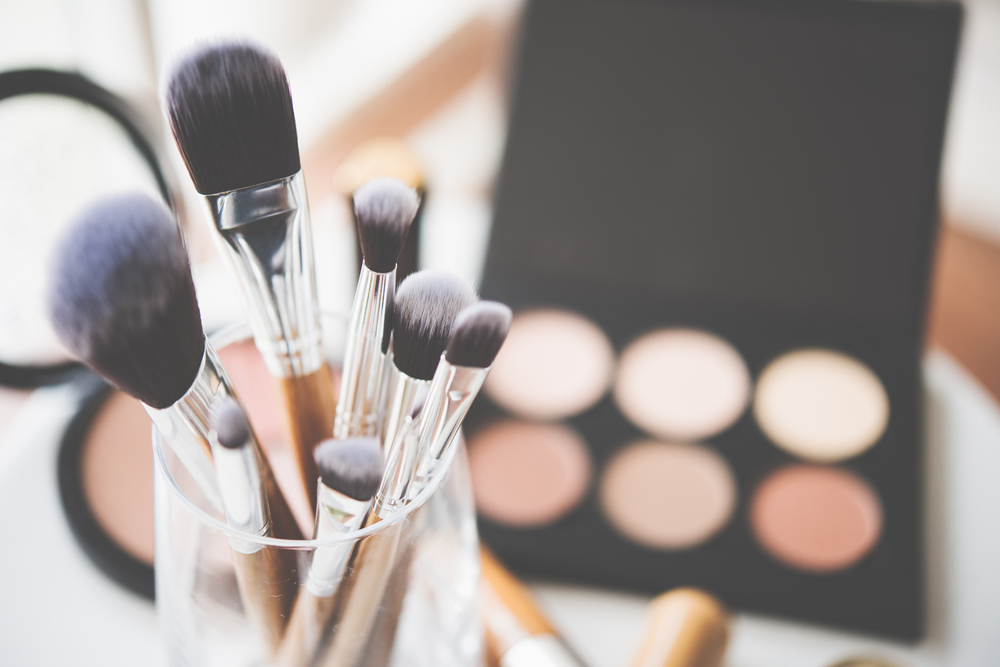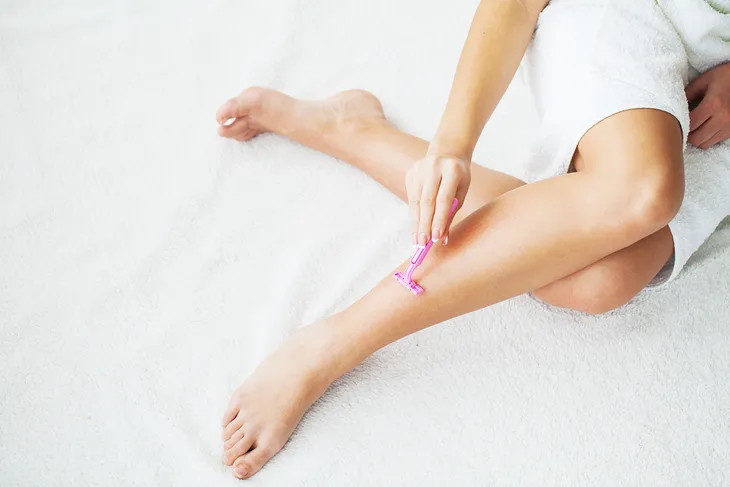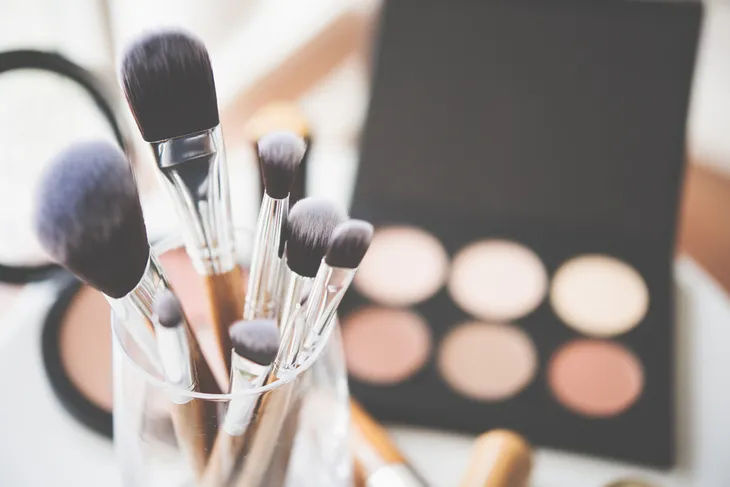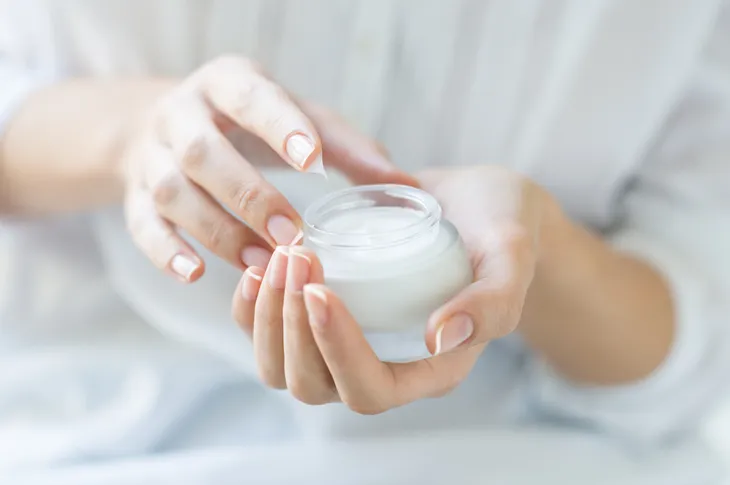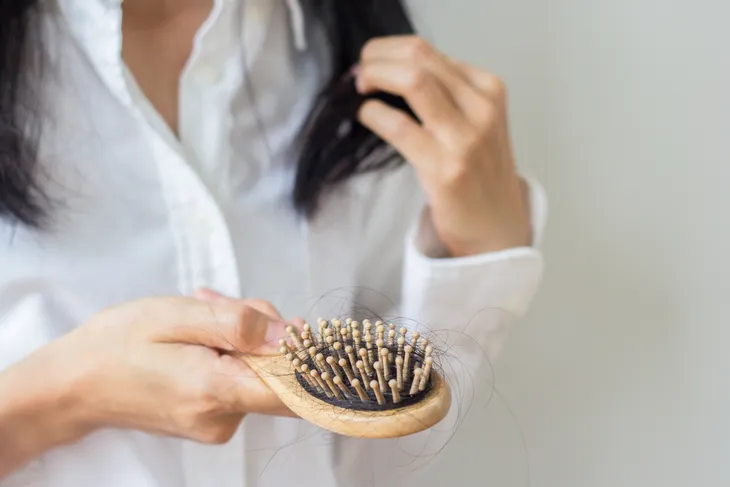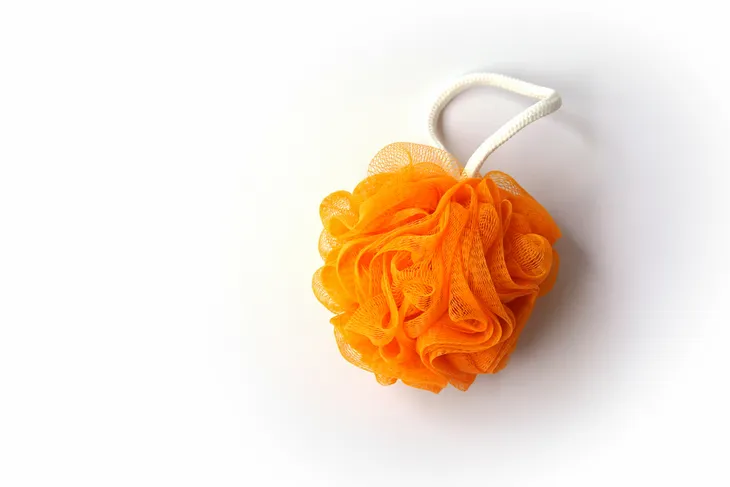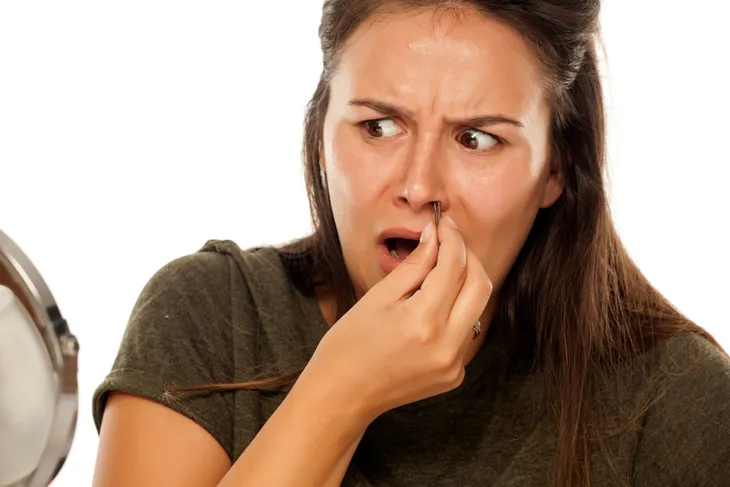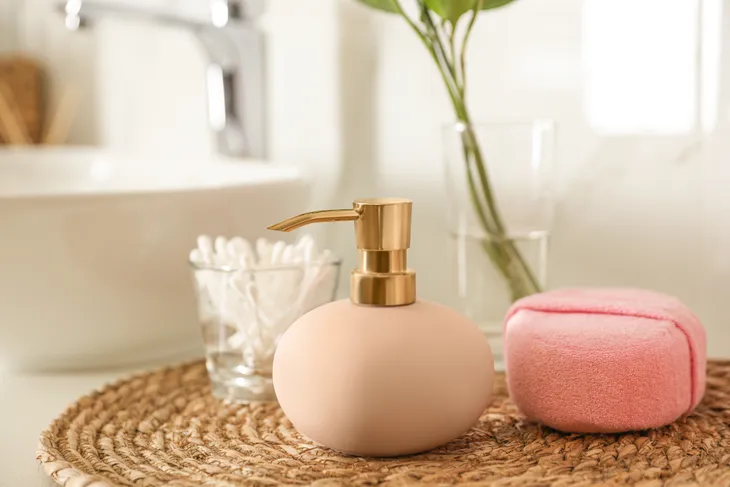You wash and scrub in the shower—head to toe. You meticulously apply the perfect shades of eyeshadow and blush, and brush and style every single hair in place. However, is your beauty routine unknowingly exposing you to bacteria, mold, and germs that pose a risk of infection?
If you’re guilty of any of these seven dirty little beauty habits, you may be risking your health for the sake of aesthetics…
Shared Razors
I’ve been guilty of borrowing my husband’s razor in a pinch as well. Never again! Not only does using his razor on your legs, underarms, and bikini line wear it out so that it chafes and nicks his baby face—it also exposes skin to viruses (i.e., herpes, and hepatitis B and C), bacteria (i.e., folliculitis), and staph infections (i.e., MRSA).
Even if neither of you harbor any of the above viruses or infections—old, shared razors are prone to bacteria and mold build-up. Plus, an old blade is risky for an infection via nicking skin if the blade becomes dull. You can prevent infections by using your own razor, rinsing it after every use, storing it in a dry place away from shower moisture, and switching to a new blade every 2 weeks.
You Never Cleanse Your Makeup Brushes
Do you ever wonder what exactly you’re sweeping across your cheekbones and Cupid’s bow when you use a dirty makeup brush? According to research polls by Debenhams, a UK-based multinational department store, 72-percent of women never take the time to clean their cosmetic brushes or sponges.
That means they’re literally brushing on a layer of grime, oil, dirt, and germs along with that rosy shade of pink. All brushes and sponges can retain bacteria that’s transferred back to your skin. With each swipe you could be risking clogged pores, acne breakouts, and infections like pink eye. Do your face a favor and cleanse your makeup tools with anti-bacterial spray at least once a week. Every month give them a thorough scrubbing with a gentle, sulfate-free shampoo, rinse clean with water, and air dry. It’s recommended that you clean your brush once weekly.
You Apply Your Moisturizer with Fingers
Applying your morning and evening moisturizer to a freshly cleansed face with dirty fingers seems counter-intuitive, but a lot of folks are guilty of this double-dipping, dirt and grime spreading, health risk.
If those fingers you’re dipping are less than spick-and-span, your evening cleaning and moisturizing regimen can have you going to sleep with dirt, oil, bacteria and germs all over your face. Use clean fingers or a clean product spatula to apply moisturizer. This will help prevent acne breakouts or the spread of cold sores (if you’re prone).
Hairy Hair Brush
You can just imagine how much hair is collected in your brush if the average healthy adult sheds around 150 strands a day. However, dermatologists at Mount Sinai Hospital in New York City would like to remind you that you’re not only collecting hair in there—that brush is also a hotbed for hairspray and product residue, oils, debris, and shed skin.
If you’re pondering why your freshly washed hair never looks clean—your hairbrush could be the bushy culprit. Pluck and wash your brush free of loose strands and buildup with a DIY disinfectant made with water and gentle shampoo once a month. This may also prevent dandruff flakes and irritated scalp.
Lose the Shower Loofah
You know what happens when you leave your kitchen sponge in the sink for days on end—it becomes a breeding ground for gross mold, fungus, and bacteria. The same happens to your loofah or shower puff when you keep it in the shower surrounded by moisture, humidity, and other people’s soapy lathers.
A folliculitis or staphylococcal (or staph) infection can develop on your scrubber and get under skin if you scrub too hard or have an open cut or wound. So lose the grimy loofah and use a DIY exfoliator by combining gentle oil (i.e., almond oil) with a natural abrasive like coarse salt or sugar.
You Yank Stray Nose Hair
You see it as you’re driving home from work—a stray and embarrassing nose hair poking audaciously from your left nostril. Horrified you pluck it out with tweezers as soon as you get home. However, if your tweezers are dirty, or stored in the bottom of a germy makeup bag, you could be risking an infection.
When germ-ridden tools come into contact with a mucous membrane (i.e., nasal passages) foreign invaders can quickly hop onto the expressway to your bloodstream. Remember that nose hairs offer a natural filter for trapping debris and germs that could otherwise cause colds and other illnesses.
You Store Cotton Swabs by the Sink
While it makes perfect sense to store your cotton makeup pads near the sink in easy reach for when you wash and tone your face—you’re also storing them in germ’s reach of the toilet bowl.
According to Dr. Keri Peterson, a New York-based internal medicine specialist, each time you flush, that cotton pad is collecting bacterial residue from a spray back that circulates through the air and comes to rest on any nearby bathroom surfaces. To avoid swabbing your face with toilet nastiness, store your cotton pads in a closed cupboard, drawer, or bag, and close the lid of the toilet bowl before flushing.
